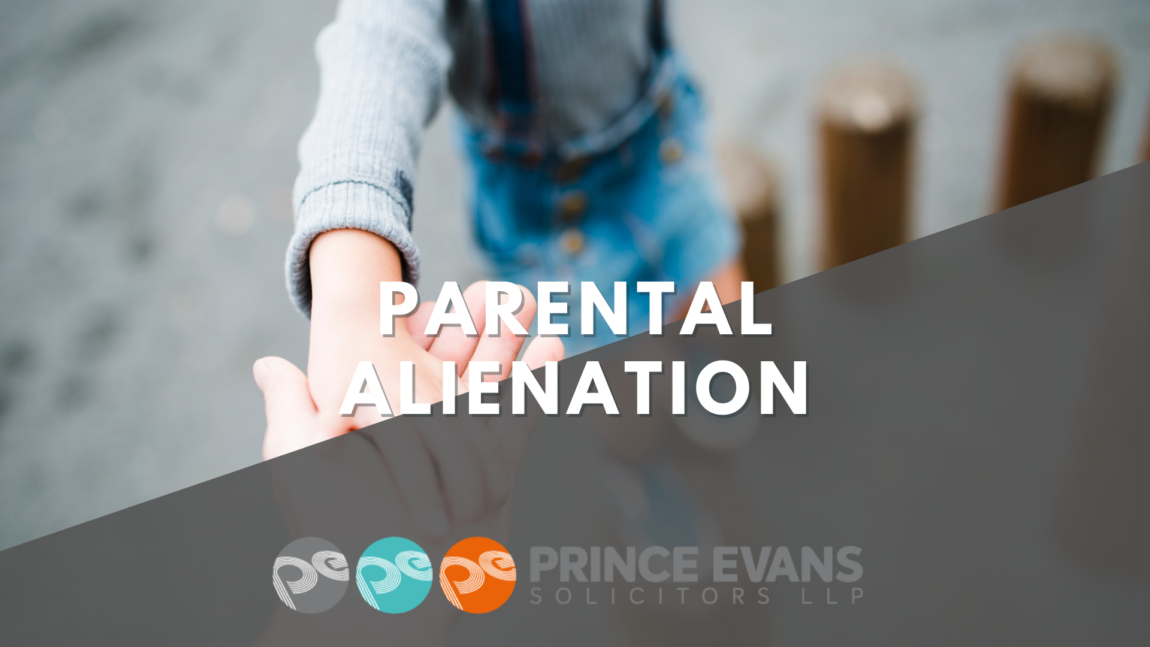
Parental Alienation
It can be extremely difficult for a child to process their parents’ separation.
In most cases, parents try to shelter their children from the breakdown of their relationship and attempt to co-parent effectively.
However, in a minority of cases, the hostility between parents can adversely affect their ability to co-parent and the children find themselves being used as “pawns” in their parents’ separation.
Whether deliberately or unwittingly, it is possible for one parent to turn their children against the other parent – a concept which is known by the family court as “parental alienation”.
Though there is no set definition for parental alienation, CAFCASS identify it as “when a child’s resistance or hostility towards one parent is not justified and is the result of psychological manipulation by the other parent”.
Some examples of such psychological manipulation are set out below:
- Badmouthing the other parent to the child;
- Blaming the other parent for the breakup of the family;
- Interrogating the child after contact with the other parent; and
- Using emotional blackmail to get the child to stay with them.
A parent can also alienate the other by stopping or restricting contact with their child and simply making important decisions without consulting them. Please note that where both parents have parental responsibility for a child, they should both be consulted when it comes to making important decisions.
One of the many unfortunate impacts of the coronavirus pandemic has been that some parents have used lockdown measures as a reason to stop the other parent from seeing their child. This is despite the government confirming that children moving between their parents’ homes is classed as essential travel and should continue as normal.
Parental alienation is a form of psychological abuse both against the child and the alienated parent and it can have a life-long impact on a family.
One must however be conscious that there may be a number of reasons other than parental alienation as to why a child is resisting or refusing to spend time with one of their parents – such as post-separation rejection, justified rejection caused by harmful behaviour, attachment issues and a child’s preferences.
If an application is made to court, Family Court Advisers are trained to identify how children have been effectedare affected by their parents’ separation and if there are any issues, such as parental alienation.
If you are a parent and you would like advice regarding regulating the time you spend with your child(ren) or possible parental alienation, Prince Evans can advise you on every aspect of your matter. To find out more, call us today for an initial enquiry to speak to a family lawyer.
Saba Ansari
Solicitor
Family Team
PRINCE EVANS SOLICITORS LLP
Tel: 020 8280 2710
